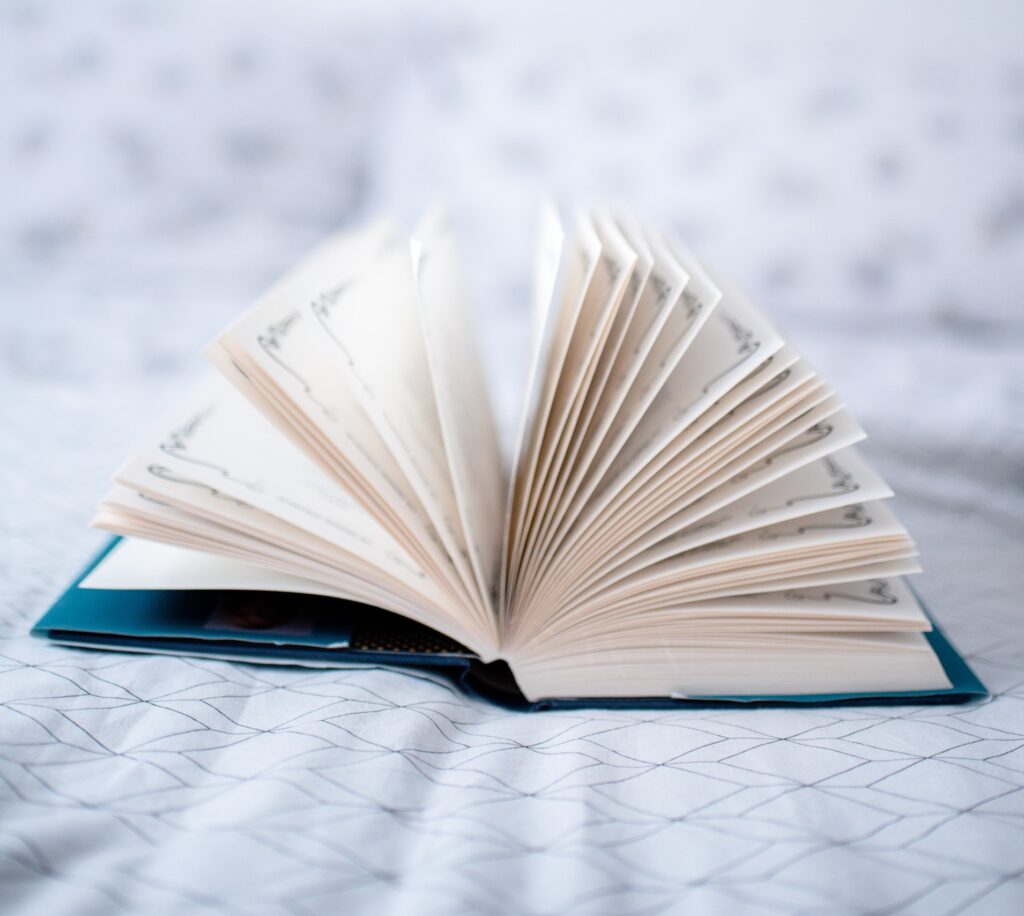Margaret Drabble? George Plimpton? Apocryphal?

Question for Quote Investigator: When novelists are asked to explain the meanings of the stories they create some are happy to comply. However, many are reticent to present a single definitive interpretation to a complex multilayered narrative. The English novelist Margaret Drabble provided a humorously caustic reply. Would you please help me to find a citation for her comment about the meaning of her tales?
Reply from Quote Investigator: In 1978 “The Paris Review” published an interview with Margaret Drabble. She was asked about the letters she had received from members of the public. Boldface added to excerpts by QI:1
What really annoys me are the ones who write to say, I am doing your book for my final examinations and could you please tell me what the meaning of it is. I find it just so staggering—that you’re supposed to explain the meaning of your book to some total stranger! If I knew what the meanings of my books were, I wouldn’t have bothered to write them.
Below are additional selected citations in chronological order.
In 1989 George Plimpton edited and published “The Writer’s Chapbook: A Compendium of Fact, Opinion, Wit, and Advice from the 20th Century’s Preeminent Writers” which was derived from interviews first published in “The Paris Review”. The book included the excerpt from Drabble presented above.2
In 1992 an entry for the quotation appeared in “The Beacon Book of Quotations by Women” compiled by Rosalie Maggio.3 The citation pointed to “The Writer’s Chapbook”.
In 1997 “Writing Changes Everything: The 627 Best Things Anyone Ever Said About Writing” included the following entry:4
If I knew what the meanings of my books were, I wouldn’t have bothered to write them.
—Margaret Drabble, novelist
In conclusion, Margaret Drabble deserves credit for this quotation. She employed it during an interview published in “The Paris Review” in 1978.
Image Notes: Illustration of an open book from Sinziana Susa at Unsplash. The image has been cropped and resized.
Acknowledgement: Great thanks to the anonymous person whose inquiry led QI to formulate this question and perform this exploration.
- 1978 Fall-Winner, The Paris Review, Volume 20, Number 74, The Art of Fiction LXX, Interview with Margaret Drabble, Start Page 40, Quote Page 61, The Paris Review Inc., Flushing, New York. (Verified with scans) ↩︎
- 1989, The Writer’s Chapbook: A Compendium of Fact, Opinion, Wit, and Advice from the 20th Century’s Preeminent Writers, Edited by George Plimpton, Part 1 — The Writer: A Profile, Chapter: On the Audience, Quote Page 92, Viking Penguin: A Division of Penguin Books, New York. (Verified with scans) ↩︎
- 1992 Copyright, The Beacon Book of Quotations by Women, Compiled by Rosalie Maggio, Topic: Writing, Quote Page 360, Column 1, Beacon Press, Boston, Massachusetts. (Verified with scans) ↩︎
- 1997, Writing Changes Everything: The 627 Best Things Anyone Ever Said About Writing, Edited by Deborah Brodie, Chapter: “Clinging to the tails of comets” — Why Write?, Quote Page 137, St. Martin’s Press, New York. (Verified with scans) ↩︎